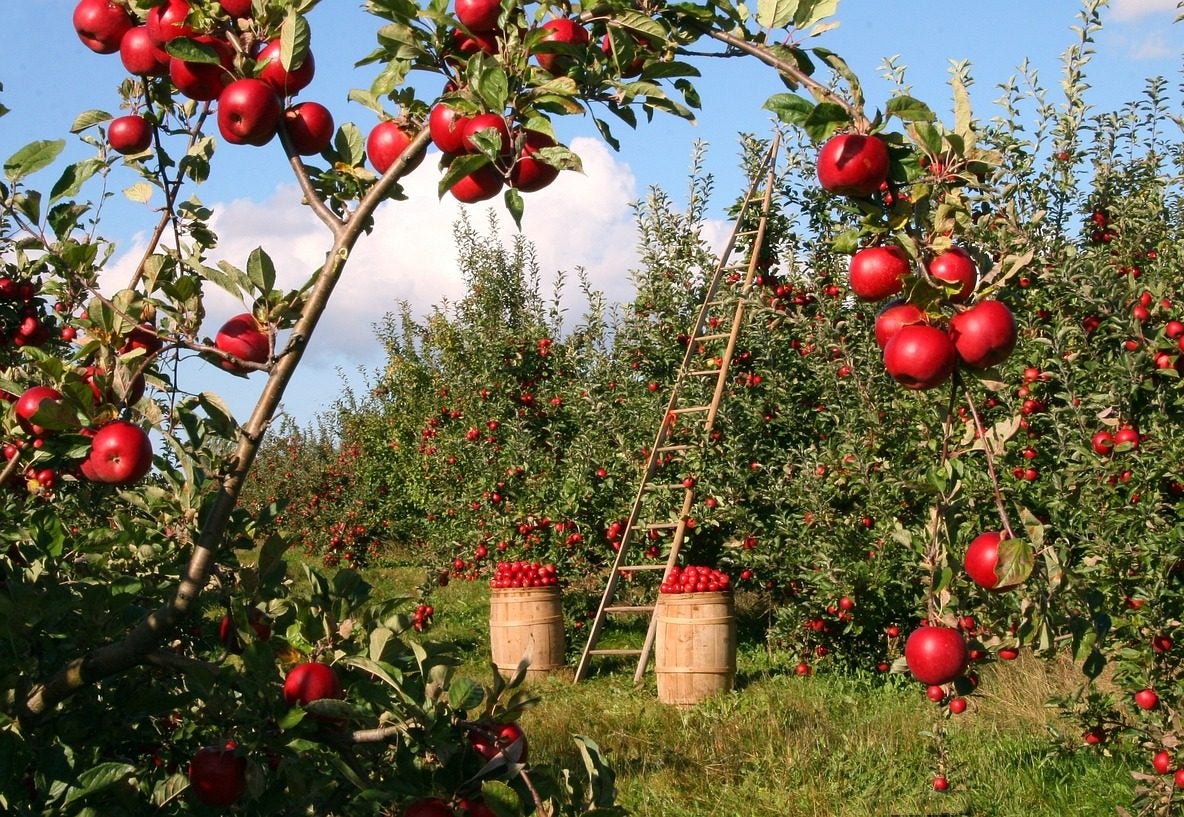
UK food producers face an “imbalance of power” with retailers over prices, a disparity that is not helped by a “cheap” domestic food policy.
That was the overarching conclusion expressed by representatives from the agri-food sector at an evidence session held yesterday (9 January) by the government oversight body – the Environment, Food and Rural Affairs Committee (EFRA) – looking at where the power lies in the UK food chain.
Legislation coming into force this year following the 2023 Farm to Fork summit hosted by UK Prime Minister Rishi Sunak last spring may help address the lack of transparency and fairness in setting price contracts. However, speakers at the EFRA hearing still have concerns that food producers risk going out of business.
Lizzie Wilson, the CEO of the National Pig Association, claimed independent producers are still “price takers”, a view shared for the horticulture sector by Guy Singh-Watson, the founder of Riverford Organic Farmers.
Wilson highlighted how the UK has four main pig processors, which, she said, are “dictating on price”, given price contracts “weren’t legally binding” and often based on a handshake or email. “It meant producers were left in an extremely vulnerable position,” she said.
“The government review on contractual practice we hope will help significantly because that’s where the crisis really highlighted that contracts, if they were in place, weren’t robust. They weren’t fit for purpose.
Access the most comprehensive Company Profiles
on the market, powered by GlobalData. Save hours of research. Gain competitive edge.

Company Profile – free
sample
Your download email will arrive shortly
We are confident about the
unique
quality of our Company Profiles. However, we want you to make the most
beneficial
decision for your business, so we offer a free sample that you can download by
submitting the below form
By GlobalData
“If there is abuse of power, it starts from the very top. I would ask you to help us in ensuring that retailers are also accountable and their behaviours accountable.”
“They have the power”
Amid pressure from retailers over suppliers’ environmental and sustainability credentials, Wilson said they need to shoulder some of the investment burden rather than keep pushing for lower prices.
A third-party survey, initiated by Riverford Organic Farmers, found 49% of fruit and vegetable growers thought they will go out of business next year.
“Clearly, they [retailers] have the power and they’ve use that to increase their share of the retail pound,” Singh-Watson claimed.
While the Groceries Supply Code of Practise (GSCOP) governing how retailers conduct relationships with suppliers has removed the “worst abuses”, Singh-Watson suggested that “in terms of the sort of bullying and the annual price negotiation, it hasn’t really improved things”.
He added: “It has institutionalised the annual price negotiation, and if anything, has intensified the downward pressure on prices. It hasn’t really addressed the basic imbalance of power.”
Ali Capper, the executive chair of the British Apples & Pears association, was the most insightful during the hearing.
Input costs for apple growers have gone up 30% in the past two years but they have only recovered about 8% of the extra cost, she said, while retailers from Lidl to Tesco and Morrisons have pushed up prices by as much as 50%.
“We’ve got a cheap food policy in this country, and that cheap food policy is driving out British farming and British food producers,” she contended.
“We actually have to make a strategic change in my opinion. We need to start championing what we can produce here at home, accepting that it isn’t the cheapest option for our consumer but perhaps looking at the margin share in the supply chain.
“There’s an inequity in the margin share. Government policy around a cheap food policy is driving poor buyer behaviour. It’s driving an increase in imports.”
“Fair pricing”
Capper outlined recommendations to address the power imbalance.
Putting pressure on retailers for “fair pricing”, particularly in an inflation environment, and longer-term contracts for suppliers with an emphasis on “they need to make a profit”.
Second, the ‘fair dealing’ clause in the Agricultural Act needs to be enforced by the government on retailers and to ensure they honour contract obligations.
She also called for the removal of the cap on seasonal workers for a “minimum” of five years and to extend the energy bills discount scheme for Energy and Trade Intensive Industries (ETIIs) to the horticultural sector.
The fifth related to carbon reduction. “The government has made an announcement that there will be carbon and border adjustments, but not for food. If you want us to be able to compete in the future, how can we compete against imports that are coming in with no measure of their carbon or their water footprint?” she said.
“Yet I can assure you, the retailers are all over us at the moment, wanting Scope 3 emissions data from us.”
She added: “I’m not making a plea for more expensive food but what I do want is fairness. And that’s what we haven’t got at the moment. We’ve got this real imbalance.
“We have had a race to the bottom on price driven by the discounters entering the market.”

